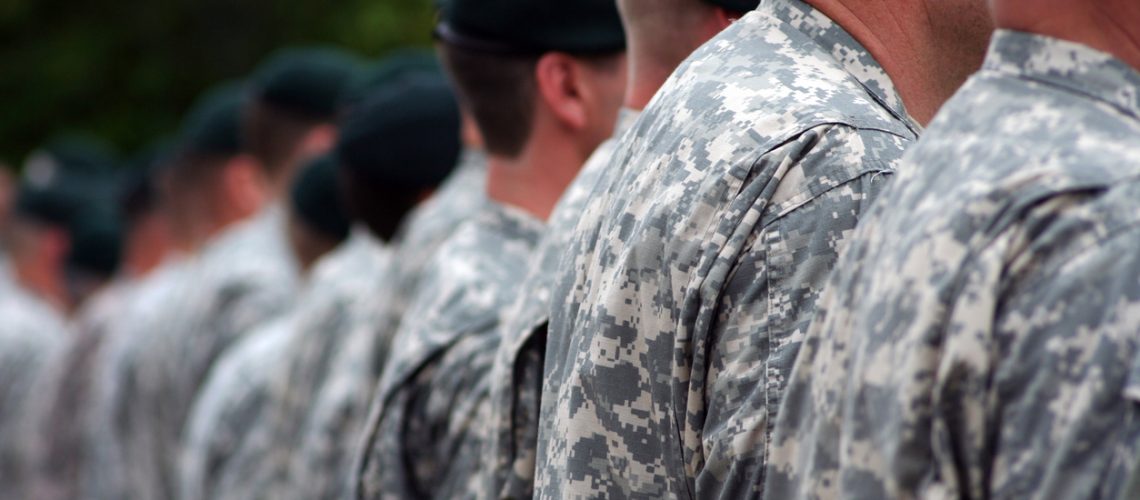Serving in the military is both a huge and honorable responsibility. Each service member must abide by the Uniform Code of Military Justice (UCMJ), which governs the armed services. Under the UCMJ, absence without leave, commonly referred to as going “AWOL,” is a punishable offense. If you are found guilty of going AWOL, there are severe penalties. Here’s what to know.
What Does it Mean to Go “AWOL?”
The Manual for Courts Martial defines multiple ways in which a service member can be found to have gone “AWOL:”
Failure to Go to the appointed Place of Duty
Failure to go to the appointed place of duty is fairly self-explanatory. It occurs when a specific authority ordered you to appear at a specific place of duty and you fail to do so. The government must prove that you were aware of the time and the place of your duty but you failed to show up and your absence was not authorized prior.
Absence from a Designated Unit, Place of Duty, or Organization
Similarly, absence from a designated unit, place of duty, or organization occurs when you left or were absent from your assigned unit, place of duty or organization without pre-authorized permission.
Leaving Your Appointed Place of Duty
Leaving your appointed place of duty is another way in which a service member can be found to have gone AWOL. If prosecutors find that you went to an appointed place of duty but left without first receiving permission, and you intended to abandon your duty, you will be found to have gone AWOL.
What Are the Penalties for Going AWOL?
Just because you are charged with going AWOL doesn’t mean that you can’t defend yourself. You have the right to prove that there were specific and justifiable circumstances for your absence without permission. However, if you are unable to prove this and you are instead found guilty, you may be subject to various penalties:
- Forfeiture for allowances/pay;
- 11-18 months confinement; and
- A bad conduct or dishonorable discharge.
Your best bet in avoiding these penalties is to consult with a qualified military defense attorney.
The Court-Martial Law Division of Aviso Law LLC Helps Military Members in Colorado Who Have Been Charged with a Crime
The U.S. Government has an interest in obtaining a conviction as soon as possible, as it does not wish to gain negative publicity about one of its service members. That is why it is so important to consult with a knowledgeable and experienced military attorney as soon as possible. If you are a military service member and have been charged with a crime under the UCMJ, the Court-Martial Law Division of Aviso Law LLC can help. We proudly serve our military members, who sacrifice so much for our country. To learn more or to schedule a free consultation, contact us today!

